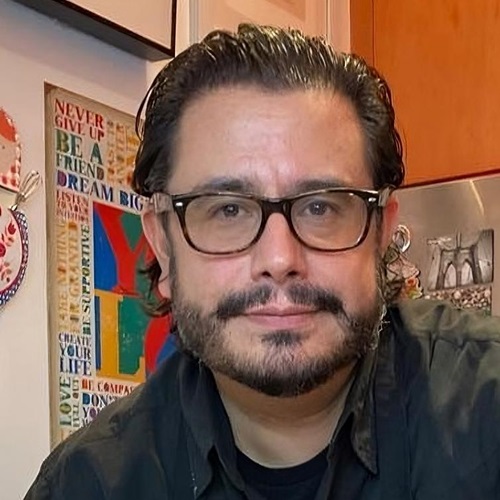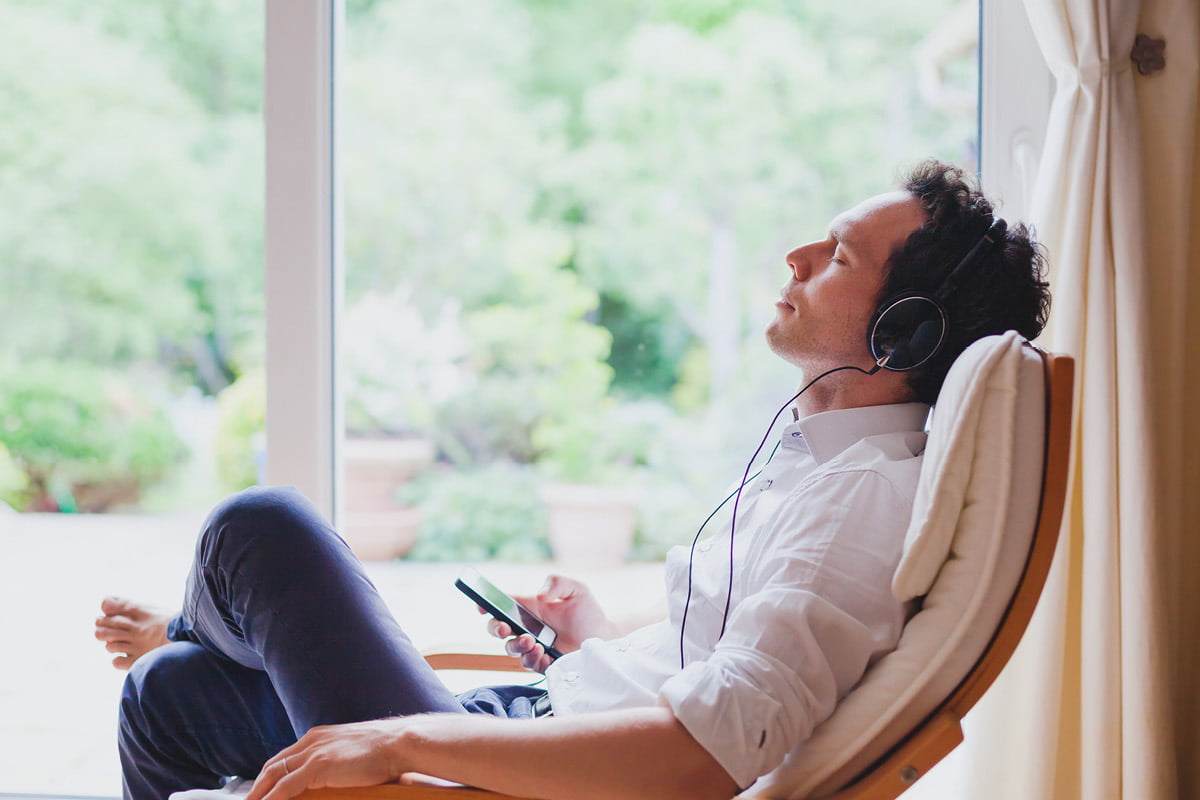Sleep is the foundation of good health. Even when we intend on having the perfect morning, a restless night’s sleep can make our next day feel more like a nightmare. Wake up call: the idea that we have to get more done and that sleep is not a necessity is a delusional daydream.
According to the American Sleep Association, 50 to 70 million U.S. adults experience some type of sleep loss or sleep disorder, insomnia being the most common. In fact, The Centers for Disease Control and Prevention (CDC) in the United States has declared insufficient sleep a “public health problem.”
Sleep deprivation has been associated with poor cognitive functioning, decreased immunity, and a shorter attention span. It has also directly been linked to diabetes, obesity, and heart disease, including hypertension and heart failure.
It’s become evident that sleepiness is not just bad for everyone’s health but also terrible for business. For the average worker, insomnia leads to the loss of 11.3 days worth of productivity each calendar year. That’s the equivalent of $2,280. Even a small business with 15 employees, that would equal nearly 170 days of lost productivity or the equivalent of $34,300. Nationally, insomnia may be responsible for an estimated loss in productivity worth $63.2 billion.
The Impact Sleep Deprivation Has on Business
This year, the RAND Corporation published a seminal report; the researchers consulted national business reports and peer-reviewed sleep data from five different countries to predict the economic effects of sleeplessness. Here’s what they found:
- The lack of sleep among the U.S. working population is costing the economy up to $411 billion a year.
- The U.S. loses over 1.2 million working days annually to exhaustion—either from workers taking days off or not performing at their prime.
The Exhaustion Epidemic
The youngest generation occupying the professional workforce, Millennials, have on numerous accounts reported having experienced ‘burnout.’ The General Social Survey says young adults are now twice as likely to experience constant exhaustion than they were 20 years ago. Millennials are considered the most stressed out generation, attributing it to a lack of sleep and anxiety.
Many factors contribute to the causes of this widespread exhaustion, including the omnipresence of technology, money worries stemming from the recession, and “hustle culture.” Hustle culture has people taking on an unrealistic amount of work and finishing up projects late into the night, making sleep more difficult.
The World Health Organization’s classification of burnout list three components:
- The feeling of energy depletion or exhaustion
- Increased mental distance from one’s job or feelings of negativism related to one’s job
- Reduced professional efficacy
The WHO’s classification makes a strong case for employers to take this issue seriously. All three components make it clear why companies should invest in addressing this problem directly. While personal exhaustion is clearly the leading and most recognized symptom, the other two suggest that the businesses are taking as much of a hit from burnout as their employees are.
The Effects of Sleep Deprivation on Employees
Sleep is essential not only for maintaining a productive effort at work but for an employee’s overall wellbeing. Effects from the lack of sleep seep into every area of one’s life, from misunderstanding social cues to the inability to focus. The workplace requires employees to pull from a variety of skills and cognitive functions, so you may want to reschedule that important client meeting if you’re showing up after just a few hours of sleep. It’s time businesses wake up to the dangers and consequences of widespread exhaustion and burnout.
Memory
Memory performance is critical for organizational success, like remembering to show up to meetings on time to recalling crucial sales figures. On a personal level, it’s a fundamental part of what makes us who we are.
Decision Making
Sleep-deprived people are easily side-tracked by irrelevant facts, and lose track of what progress has been made. Brain imaging studies have shown that sleep deprivation was associated with increased activation of brain regions related to risky decision making, which means gambling on decisions where the losses outweigh the rewards.
Creativity
Tired minds generate lackluster ideas. If an employee’s creative activity starts dropping in both quality and quantity, they might want to consider the age-old advice to “sleep on it.”
Health
Negative changes in sleep patterns can lead to “high blood pressure, appetite regulation imbalances, and susceptibility to infection.” It might be time for employees to lean into their benefit programs to get an edge on recruitment.
Mood
Slacking on sleep worsens one’s mood. In research by Professor Culpin, the most frequently reported effect of lack of sleep was “feeling irritable,” followed by “feeling more stressed,” and wanting to be “left alone.” If your workforce is exhibiting signs of hostility, it may be due to lack of sleep.
Social Awareness
Sleep-deprived individuals have more difficulty reading the facial expressions of others, according to a 2014 study by Experimental Brain Research. Misunderstandings, especially in a relationship-driven industry, have the potential to halt business deals and damage customer relationships.
Errors and Accuracy
A tired brain is prone to a drop in quality of output, making mistakes a common occurrence. Researchers at Harvard Medical School found that insomnia is responsible for 274,000 workplace accidents each year. Whether the error is in performing a task that leads to harm or not performing a required task, either way, it will cause major disruption to the workplace.
Top 10 Nighttime Routines for Better Sleep
Using a non-pharmacological-first team-based approach is imperative to optimizing your sleep hygiene. Catching more “Zzz’s” can be more than just a distant dream. Want to help your employees sleep better and turn it into their reality? Here are my top 10 nighttime routines to share with your workforce:
- Create a routine: set a regular time to go to bed and get up, and stick to it! Stay on schedule even on weekends.
- Associate your bed with sleep and sex only—your bed is not for catching up on work.
- Clear your mind of intrusive thoughts (the monkey mind) by using meditation, guided imagery, and deep breathing techniques.
- Don’t lie awake! After 20 minutes, get out of bed and do something relaxing until you start to feel sleepy and then go back to bed.
- Put your phone down: Blue light reduces melatonin production, so limit the use of devices with LED backlit screen or dim them. Avoid looking at bright screens 2-3 hours before bedtime.
- Keep it cool! Maintain a temperature between 65-68 degrees in your bedroom.
- Go nuts: Walnuts and almonds contain tryptophan and magnesium, so they are the “dream” sleep-inducing snack.
- Make a “dreamy” essential oil synergy and spray it in your bedroom and on your sheets. My wife Julie’s favorites for sleep are lavender, roman chamomile, and vetiver.
- Sip on some relaxing herbal teas, like chamomile and hibiscus.
- Count your blessings instead of sheep. Grateful thoughts can help you get a great night’s sleep. Try gratitude journaling prior to bed, and you may rest easier.
- Try these, and you might get the sleep you’ve always dreamed of! Dream on…
Lack of sleep and its powerful impact on your workforce is something many employers should be taking into consideration when it comes to total employee wellbeing.











